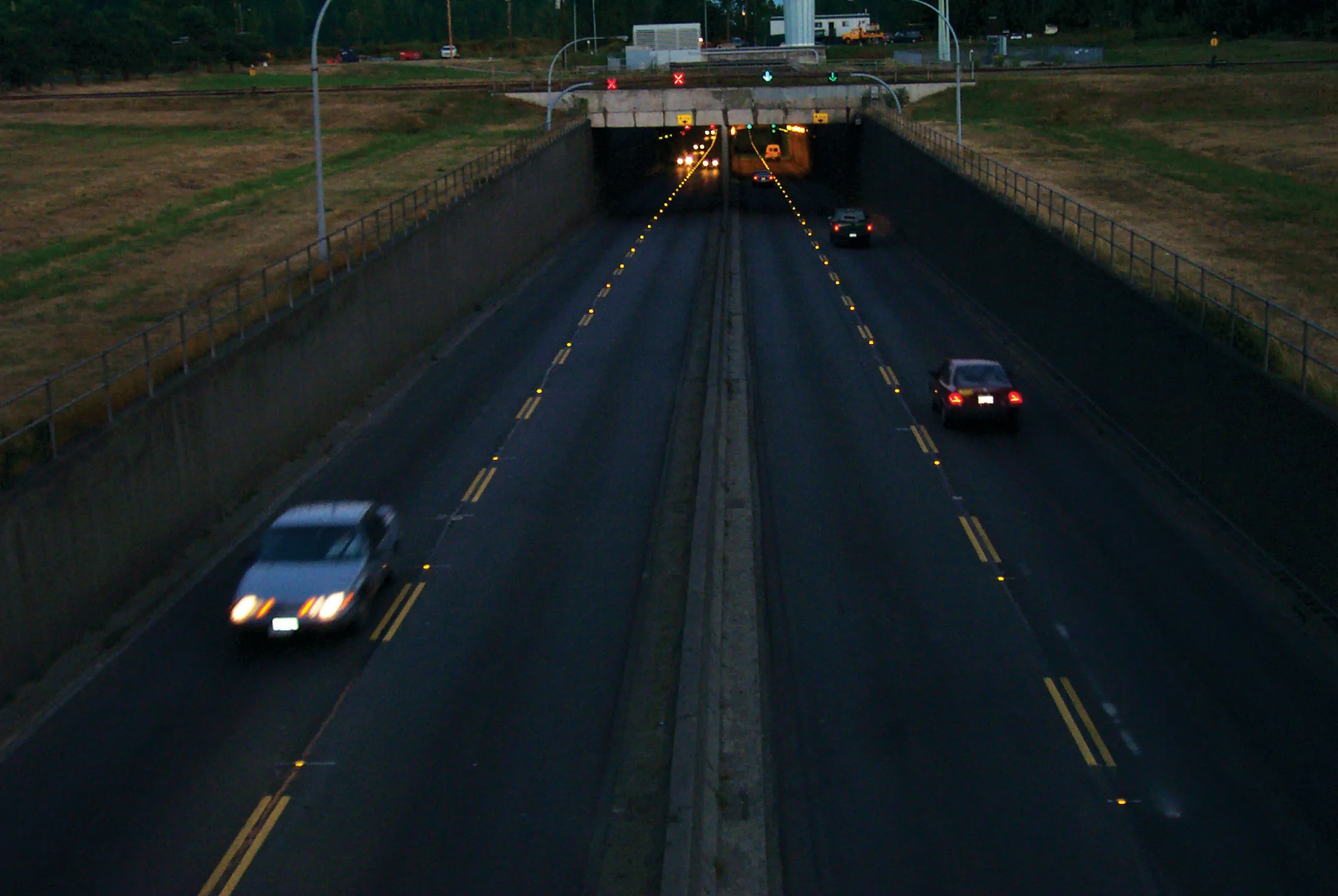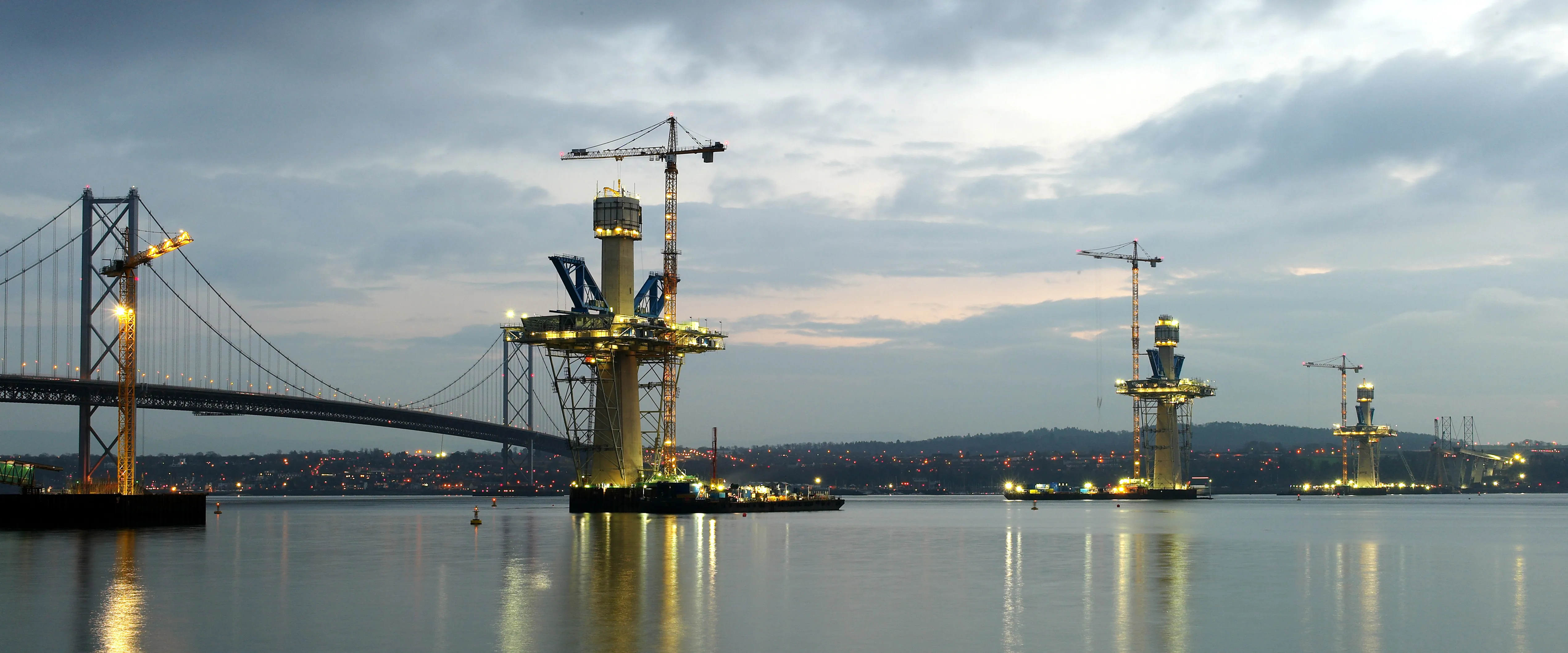
“Almost 20 years ago Kapsch delivered the world’s first multilane free flow tolling system in Australia,” said André Laux, chief operating officer at Kapsch TrafficCom, based in Vienna, Austria, and which has subsidiaries and branches in more than 30 countries.
The 5km West Gate Tunnel - to be open in 2022 - will deliver an alternative to the West Gate Bridge, providing a second river crossing and removing thousands of trucks from residential streets. Originally called the Western Distributor, it will link the West Gate Freeway at Yarraville with CityLink at Docklands via a tunnel beneath Yarraville.
Meanwhile, the first of the two tunnel boring machines will soon arrive in Melbourne, according to the state government. A steel frame is going up for the 90m x 180m spoil shed at the Yarraville tunnelling site. Work continues at the northern portal to build the tunnel entrance and where the two TBMs will be launched.
The TBMs will be 90m long, weighing up to 4,000tonnes each and standing 15.6m in diameter. It will be the first time a full-scale TBM has been used in Victoria. Two huge retaining walls have been built either side of the tunnel site, with around 1,000 support columns driven into the ground to help keep workers safe on site.







